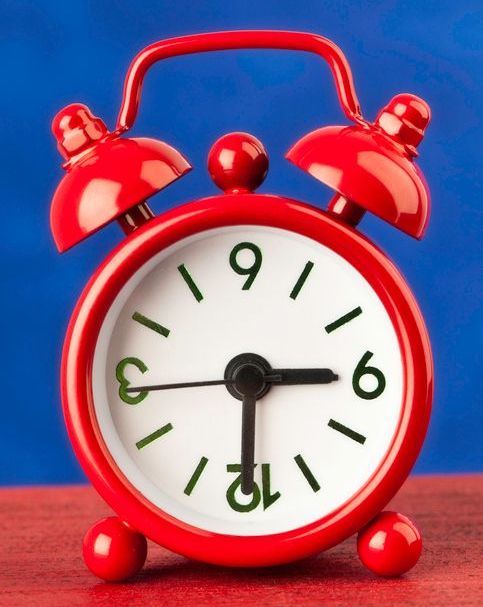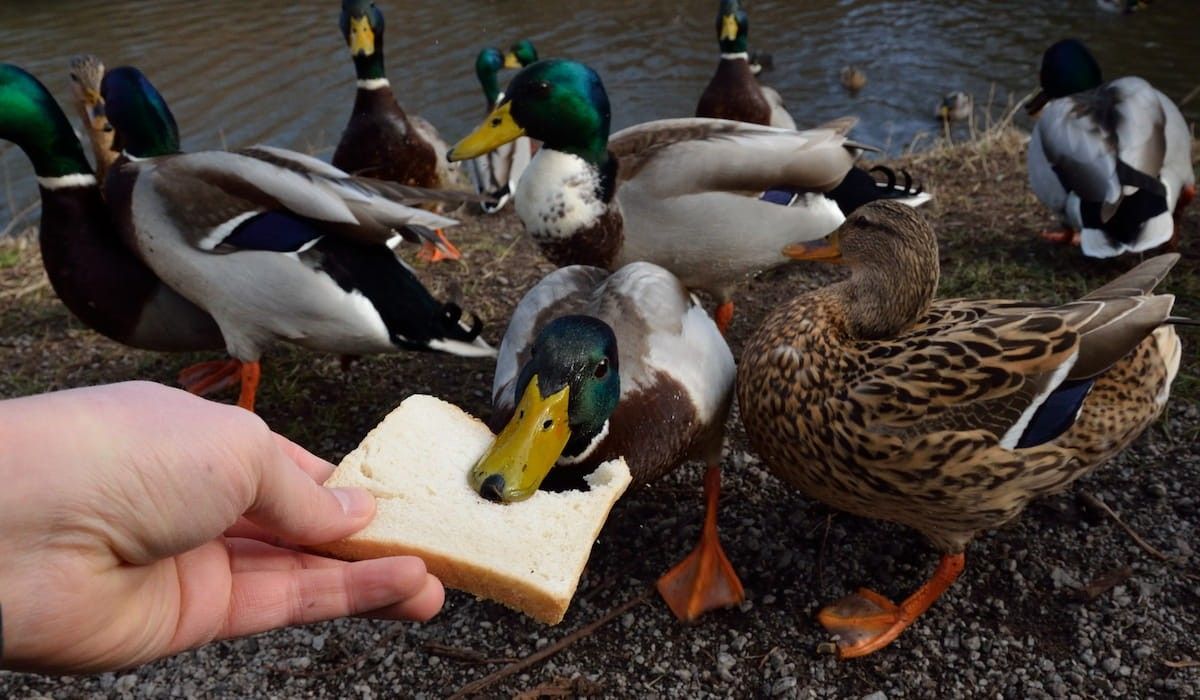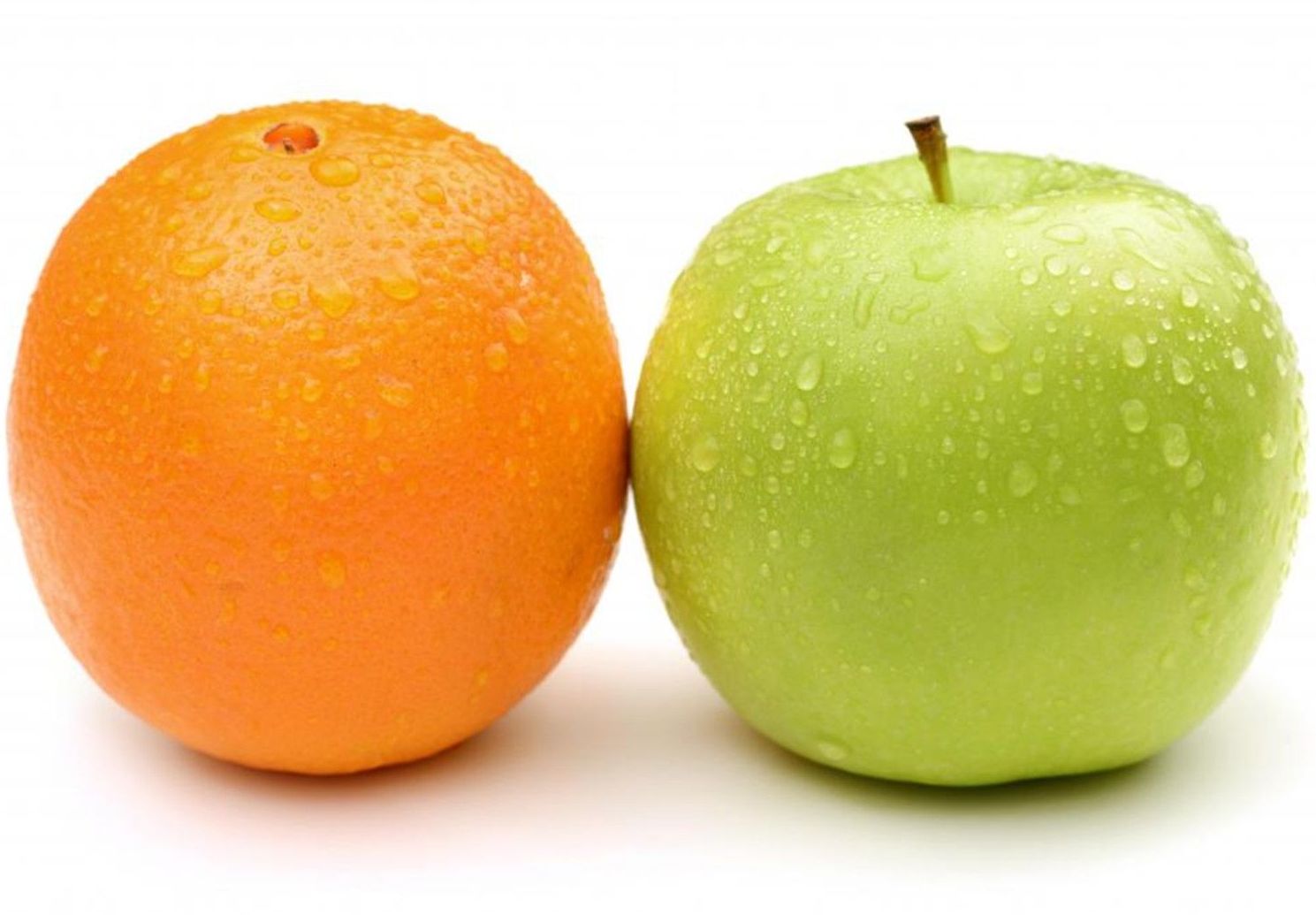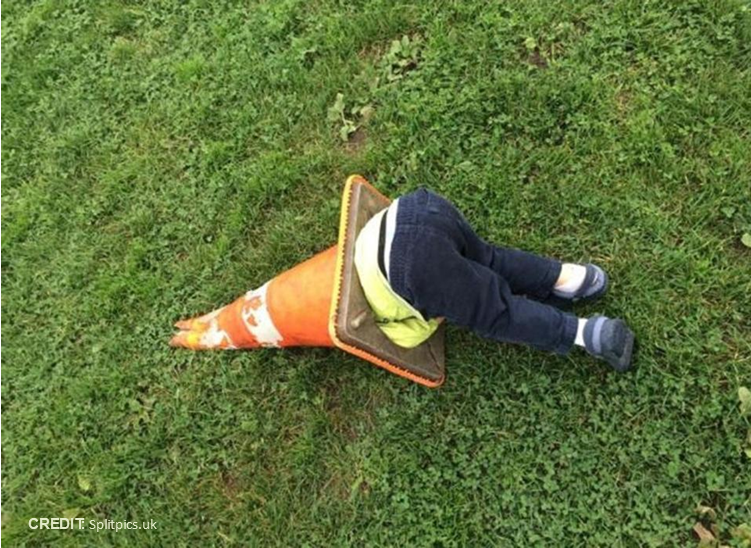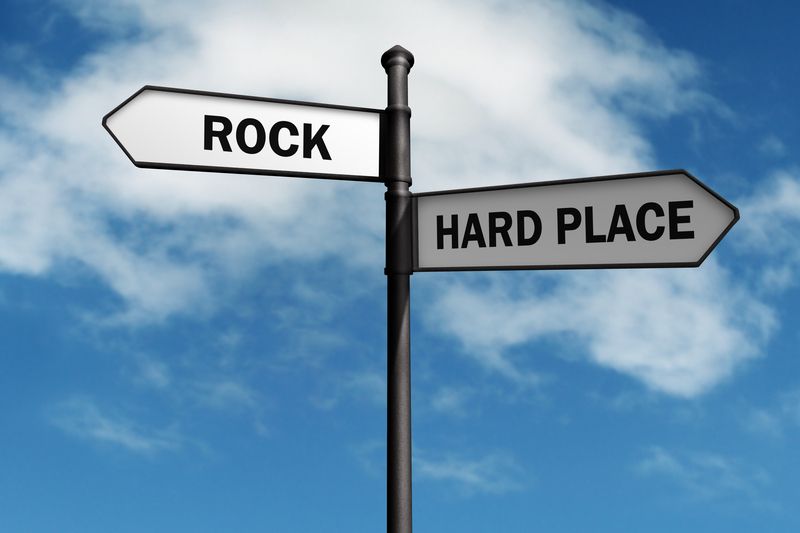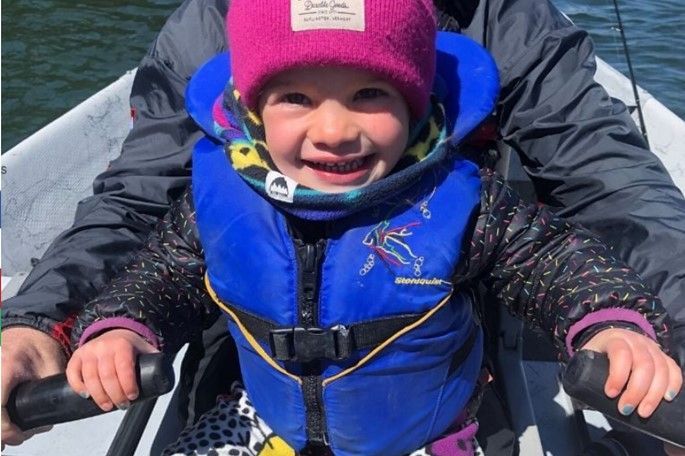Pod Talk
a communiqué for connecting all involved in the Pēpi-Pod® programme
by Stephanie Cowan
Upside down and back to front
This clock face is all wrong.
That will be immediately obvious to most of us who are old enough to know about analogue clocks. Those 'upside down' and 'back to front' numbers catch our attention, are worthy of comment. The clock itself is not wrong. It is the right way up, standing on its stumpy little legs, waiting to crash into someone's sleep with its clanging alarm. It is just the face that is wrong; it is the face that makes it harder for the clock to do what it is meant to do - tell us the time, set an alarm, and sound an alarm to alert us.
We have a similar situation with baby faces in New Zealand. Too many babies are sleeping upside down (prone) due to a concerning sleep position shift from back to front in some families. It is over 30 years since we learned to move babies from front to back (prone to supine position) when sleeping. This finding has been heralded as the greatest paediatric breakthrough of our time, such has been the impact around the world on lives saved; such is the power to protect of this simple infant care practice.
So why is it that 30% of sudden infant deaths reported in this Ministry of Health SUDI report, published in 2022, were of babies not placed on their backs for what was to be their last sleep? Placing babies on their sides and tummies was twice as common for babies who died as it is in the general infant population. And right there is another fact that must disturb us in this network, because that 15% of babies born each year represents 9000 babies; 9000 babies exposed to a well-established and easily prevented risk for sudden infant death. Had all babies in the above report been placed in their backs, 19 may still be with us.
This statistic of 9000 should send alarm bells through our prevention work for the following reasons, too, described in research and confirmed in the SUDI report. Because prone sleeping interacts with other risks, babies who sleep on their backs have all these advantages over babies who do not: it is
- easier to breathe (arouse, alarm, startle, reboot)
- easier to alert a parent if there is a problem or need
- easier to stay in a safe position, stay protected
- easier to maintain a clear face
- easier to avoid escalating risk if also exposed to smoking in pregnancy
- easier to avoid escalating risk from also bed sharing
- easier to avoid escalating risk from also being winter
- easier to avoid escalating risk from also being premature
- easier to avoid escalating risk for babies unaccustomed to prone sleeping
- easier to avoid escalating risk if also sleeping in a room distant from a main carer
- easier to avoid escalating risk from also having too many bedding/clothing layers
Returning to the alarm clock analogy, babies need to be able to sound an alarm and alert their parents when they meet a breathing challenge. They need to be the right way up in order to have all the survival advantages listed above. The right way up for a baby to sleep is facing the stars. This is our work. We are the team entrusted to preventing preventable deaths. We need to reverse the back to front positioning practice, before it takes hold; we need to engage our families to help spread understanding of why 'on the back' makes it easier for babies to breathe.
This post is my Christmas gift to you - reimagining an Aotearoa where all pēpi sleep the right way up - facing the stars, and imagining the 1 in 5 SUDI deaths that may not happen in 2024 as a result of our collective action.
Mā te wā, Stephanie


